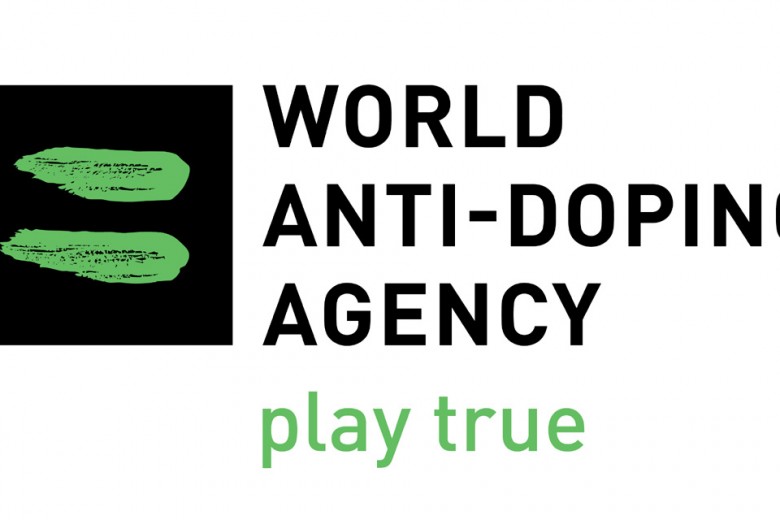The World Anti-Doping Agency (WADA), which is the leading agency in the movement for clean sport, has updated its athlete Q&A section following concerns surrounding testing during the coronavirus pandemic.
In the document, published on May 25th, the agency addresses topics such as: testing, whereabouts, TUEs, and the future of clean sport. It was developed with the athlete committee that includes aquatic athletes Li Na, a diver from China and Chelsey Gottell, a Paralympic swimmer from Canada.
In a statement issued alongside the new document, WADA said its, “conscious of the fact that the amount of testing activity will continue to vary globally given the regional differences in terms of public health restrictions. Therefore, the Agency will continue to keep a close eye on developments so that we can continue to work collaboratively with Anti-Doping Organizations to strike the appropriate balance between the protection of health and that of sport during these challenging times.”
Some of the highlighted points within the updated Q&As include:
- Athletes still remain subject to testing at any time where local authorities haven’t put restrictions in place such as a lockdown.
- All ADOs will be trained to follow enhanced testing procedures and safety measures including frequent hand washing and social distancing.
- Athletes and ADOs may have to go through a “pre-notification” process involving a statement of their current health.
- Any athlete with symptoms of the virus must notify their ADO to ensure nobody gets exposed. This includes updating their whereabouts if they have to go into isolation.
- All rules relating to TUEs still apply.
- In any place where there is no mandatory isolation or lockdown measures, athletes must still comply with testing and be present when asked to take their test, if not, they will face up to a 4 year suspension penalty.
- If an athlete replies on a representative for testing and is unable to have one due to the pandemic, they should notify their ADO.
Through all of these points, the organization emphasizes that it is working through the situation to ensure that all athletes are able to return to sport in a safe and clean manner.
Although WADA is still testing, in some countries national sports bodies have determined that it is better to stop testing for the time being. As of right now, Canada is not running any doping tests. Russia also stopped testing, but has since resumed them.
The UK reduced doping testing during the pandemic, but the head of the UK Anti-Doping Agency, Nicole Sapstead has warned athletes and coaches not to be “naive” about doping during this time.
While the United States Anti-Doping Agency (USADA) has been at the forefront of an at-home testing program, it hasn’t report any doping tests during Q2 of 2020. All of the agency’s reported tests have come from Q1 so far, which included 143 total tests on 101 swimmers. During Q2 last year, the agency reported 334 tests on 144 swimmers.
